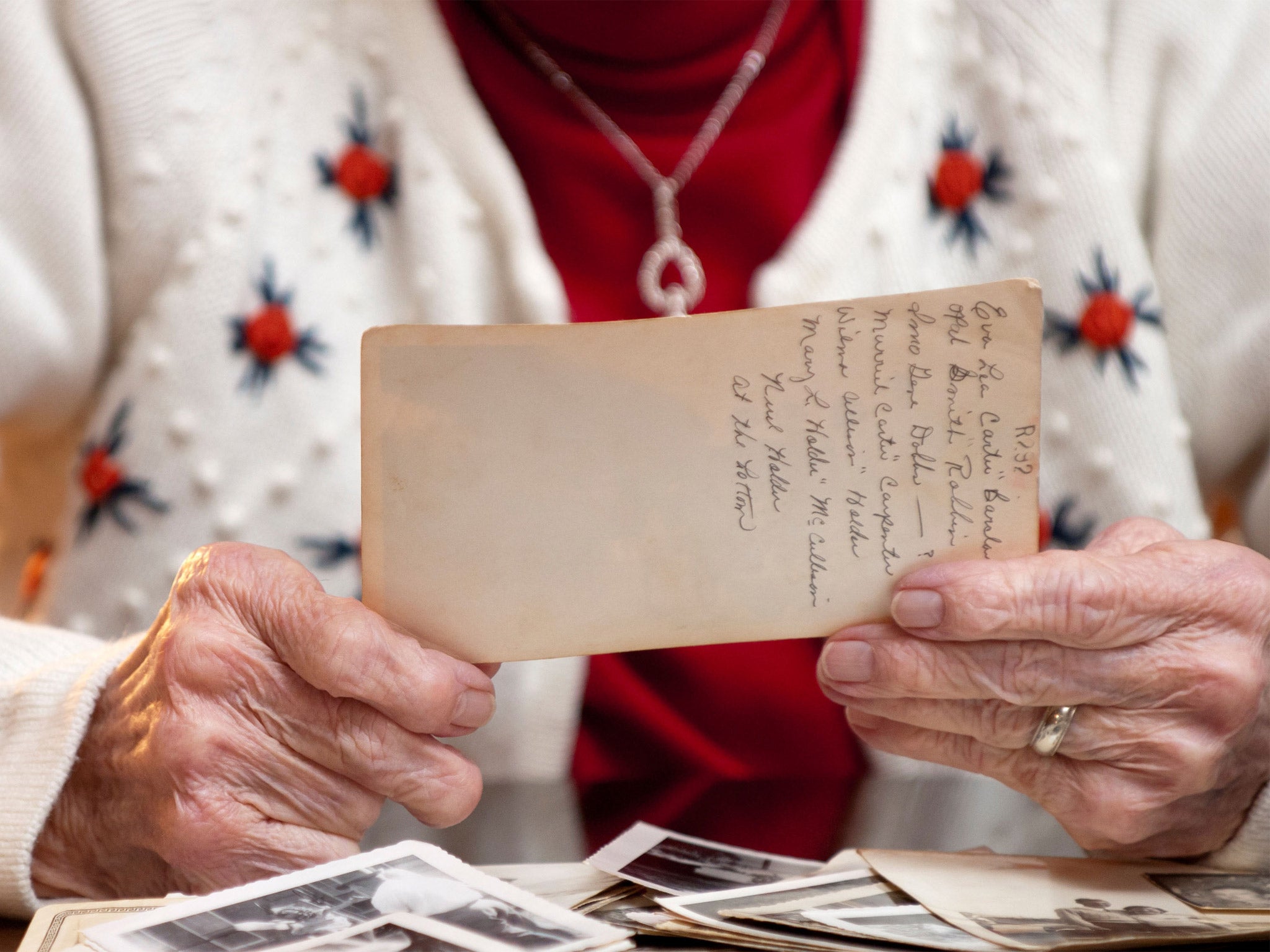The Week in Radio: Moved by the memories of those who can't let go

"This is my life, I can't just throw it away," said an elderly woman in Radio 3's Between the Ears, the panic rising in her voice. She was in process of moving into sheltered housing, and the prospect of reducing her worldly goods was making her ill. She had, she explained, just spent three days in hospital.
It's just stuff, of course, this clutter that spills from our shelves and our cupboards and piles up on furniture and the floor. The day will come to us all when everything we have amassed in the course of our existence will be loaded into a skip, crushed to the size of a shoebox and become worm food in a landfill. I sincerely hope, when that day comes, to be worm food myself.
Television has turned the neurosis that can accompany parting with possessions into a spectator sport. Shows such as The Hoarder Next Door and Get Your House In Order invite us to gawp at other people's OCD, whether they're clambering through tunnels of stockpiled Tupperware or bedding down on mattresses made out of decaying back issues of Horse & Hound.
Radio demonstrates how these shows should really be done. Between the Ears followed three unnamed pensioners as they prepared to move into new accommodation. All were struggling with the concept of downsizing. Here, they weren't belittled at the hands of smug psychologists, or patronised by oleaginous presenters.
Instead, the programme let them tell the stories behind their belongings. There was the ex-cabaret singer and the brass lamp she had purchased in Rome with a well-known actor whom she had briefly dated, despite his being engaged to another woman. To throw this into a skip would be to throw away her best days. There was the 86-year-old clinging on to her late husband's silk shirts and her father's sweaters – "When you put them on in the morning, you can think of them all day," she explained sadly – and the man who'd had a stroke and who wouldn't be parted from his cupboardful of white polo shirts. He wanted to be ready for when he was called back to work.
The compulsion to never let go is in all of us. In my kitchen cupboard, I have a book on cake-making for children that my late father bought me. He never went near an oven himself, but he was keen for his 10-year-old daughter to get a taste for baking so that he might enjoy the spoils. The pages, dog-eared and stained, are still smothered in his spidery writing reminding me not to open the oven door until the cake is cooked. When the time comes for me to downsize they're going to have to prise this book from my cold, dead hands.
If it's hard to get a pensioner to part with their possessions, it can be even tougher to persuade them that they might find greater comfort in a care home, particularly in the light of recent scandals. In Radio 4's Thinking Allowed, Laurie Taylor reported on a new book comparing the residential homes explored by sociologist Peter Townsend's 50 year-old study The Last Refuge with current care homes. In the 1950s, residents appeared to have the freedom to come and go as they pleased, smoked to their hearts content and often pitched in with staff to help care for others.
Given that times are tight and the old are considerably older, it's not surprising to find that current care-home residents have their ciggies confiscated, stay indoors all day and are encouraged to sit around doing jigsaws. The sooner we're all worm food the better.
Join our commenting forum
Join thought-provoking conversations, follow other Independent readers and see their replies
Comments
Bookmark popover
Removed from bookmarks